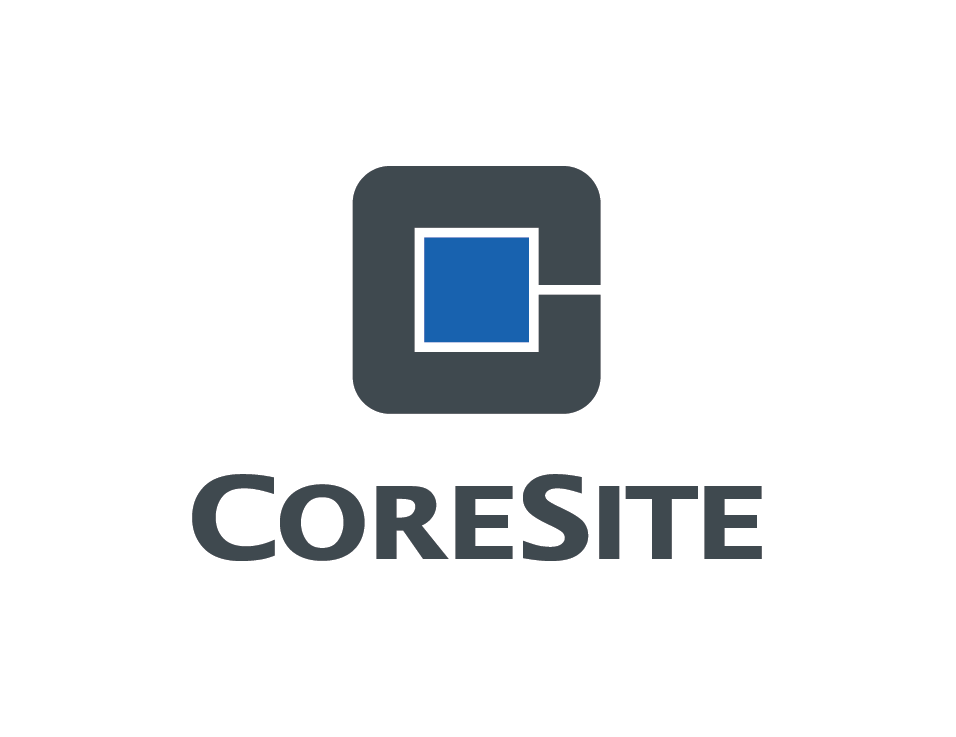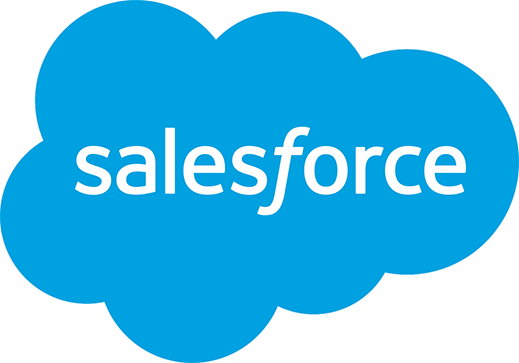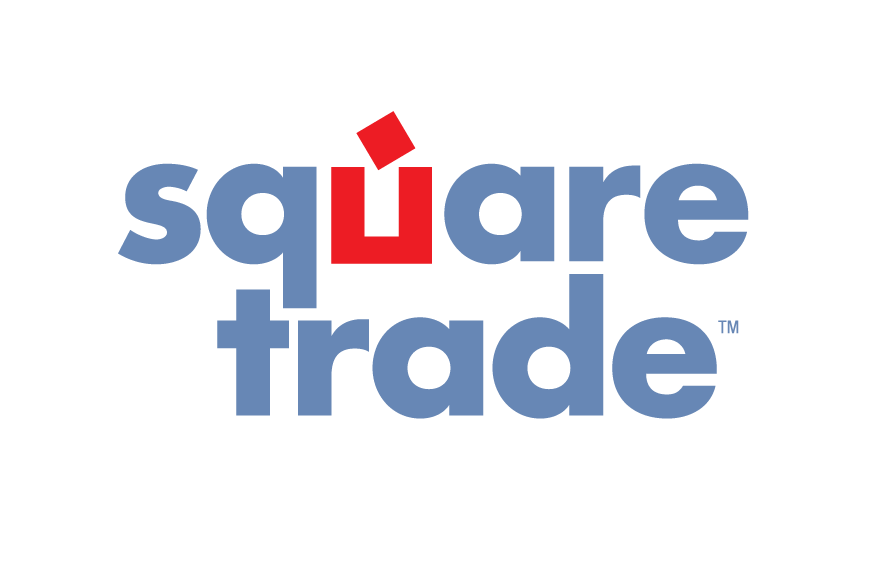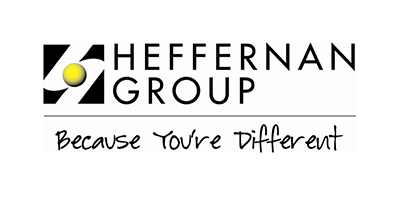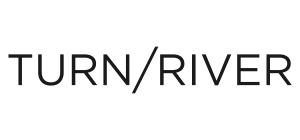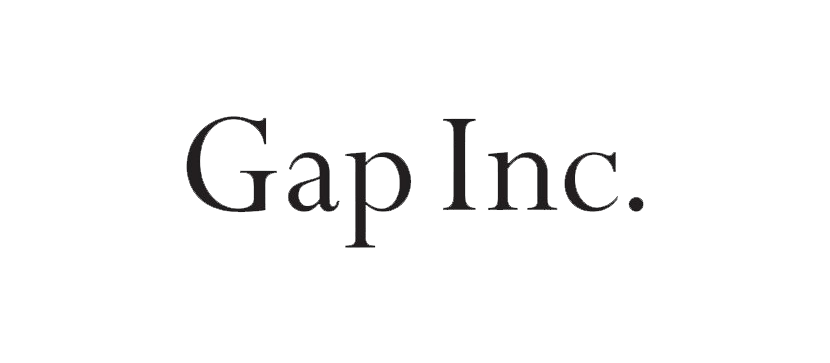And The Truth Will Set You Free!

HAPPY JUNETEENTH!!!
June 19 is the annual celebration of Juneteenth, the oldest ongoing celebration in honor of the abolition of slavery in the United States. On June 19th, 1865, Union soldiers marched into Galveston, TX with news that slavery had been ended by the Emancipation Proclamation two years earlier. For two years, slaves in the area had been unaware of their right to freedom. Texas had not had much contact from Union troops until after the April 1865 surrender of General Lee, the leader of the Confederate side in the Civil War. By 1865, Union troops were finally able to subdue the Confederate soldiers who still resisted the Northern victory.
The response to the news by the former slaves was both shock and joy. Some waited to find out if there would be a new relationship with their former masters, but many just left immediately in search of a better life and separated family members. Today, people celebrate Juneteenth in honor of those who suffered under the burden of slavery, and in honor of their freedom.
The word “Juneteenth” is a combination of “June” and “nineteenth,” and its popularity has grown and subsided through the years. Since the Civil Rights movement of the 1950’s and 60’s, it has become more popular as more people have learned about it.
(June 19, 2009 / Michelle & Lexie / SEATTLE EAST SIDE EXAMINERS)
Ever since I first learned about Juneteenth, I’ve been fascinated by the story. For two whole years all those enslaved people in Texas were legally freed, but went on living and laboring in their dehumanized condition because no one had managed to get the good news of their liberation to them.
Haven’t you had some Juneteenth moments in your own life? For many of us in recovery it’s been a clarifying moment (or season) when we realized that we actually COULD live free from the slavery of addiction. For others it may have been the liberating experience of crossing over some previously forbidding barrier, getting past fear and apprehension, (perhaps by volunteering at a place like St. Anthony’s Dining Room) and discovering that the world isn’t as scary a place as it once seemed to be. And for some of us it may have been one of those light-bulb-going-on-in-our-head moments when, thanks to the revealing insights of a teacher or mentor, or even to the stubborn position of an opponent in a debate, some previously hidden truth suddenly, finally, opens up to us.
Some years ago I was hosting a group of Baptist ministers, who were in town for a convention and spent a day with us at St. Anthony’s. As the day went on it became clear to me that one of them – from Texas – was scowling at just about everything I said. When I asserted that a lot of people were trapped in poverty because of our ridiculously low minimum wages, he blurted out, with anger and scorn, “Well come on now! Anyone who’s taken Econ 101 knows that if you raise wages you just start a wage-price spiral that doesn’t solve anything!” I was determined to be polite to our guests so I found some gentle, non-combative way of responding to his objection. And, of course, five minutes after they’d left the building it dawned on me (one of those moments!) that I really wanted to say to him: “Well, Reverend, sometimes I guess we people of faith and conscience just have to make a choice between Econ 101 and Matthew 25.” (No! I’m not going to tell you. YOU look it up.)
Wendell Berry, the poet/philosopher/farmer from Kentucky, triggered a Juneteenth moment for me when I came across these powerful words from his pen.
Rats and roaches live by competition
under the laws of supply and demand.
It is the privilege of human beings to
live under the laws of justice and mercy!
Ever since my own Econ 101 days I had labored under the unchallenged assumption that there is some “law of supply and demand” that forever doomed us to compete with our fellows for a limited supply of resources. (Which congress or parliament passed this legislation? When was it enacted as law?) I don’t mean to be simplistic or overstate the obvious, but there IS NO LAW requiring us to act like rats or cockroaches!
My heart is heavy every June when both city and state officials are going through their labor pains, attempting to deliver a new budget for the coming fiscal year. Every year the same awful “game” gets played. The powers that be announce dreadful cuts to the funding of all sorts of social service agencies. And the terrible, disgusting result of that callous maneuver is that any number of agencies – who ought to be busy about their holy work of easing the plight of their poor and homeless clients – instead have to scramble and struggle and rally and protest AND PLEAD, begging their civic masters to not jeopardize the future of their programs by cutting their funding. In other words, decent, caring, competent and compassionate professionals have to act like rats and cockroaches to save their piece of the limited supply.
We all know that there are higher laws which summon us to more exalted behavior. Just once couldn’t we enforce THOSE laws instead of the demeaning ones we’ve become accustomed to? Many of us have had liberating experiences when we thought outside familiar boxes, or when we’ve discovered that we weren’t enslaved by sad, tired ways of doing things after all.
So, in honor of Juneteenth, let me share some of what President Obama told graduates in his commencement address at Notre Dame last month:
“When you serve, it doesn’t just improve your community, it makes you a part of your community. It breaks down walls. It fosters cooperation. And when that happens – when people set aside their differences, even for a moment, to work in common effort toward a common goal, when they struggle together, and sacrifice together, and learn from one another – then all things are possible!”










